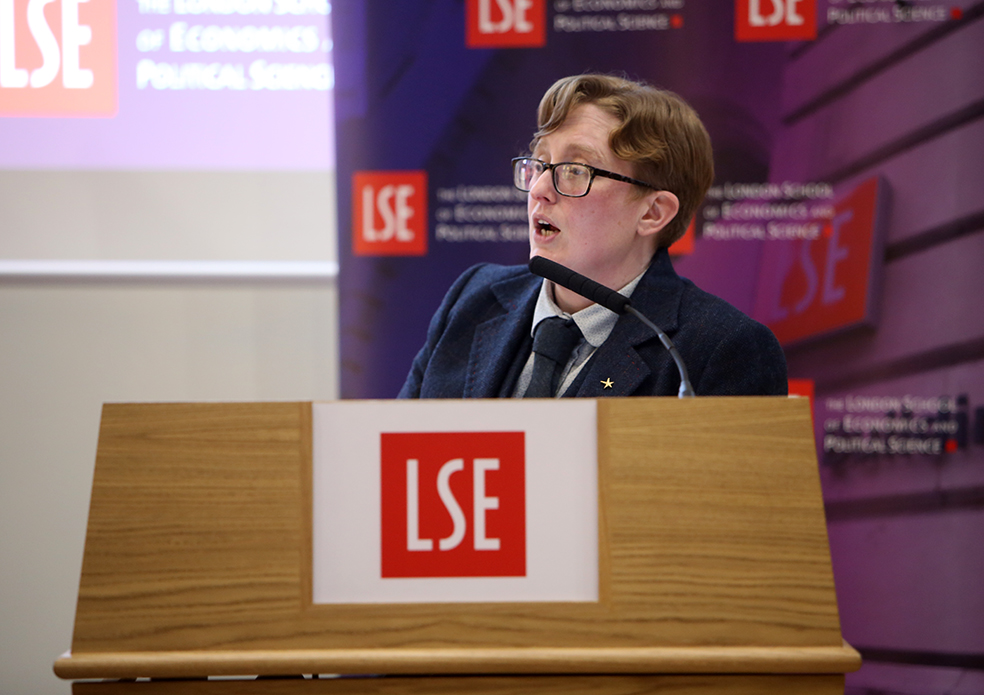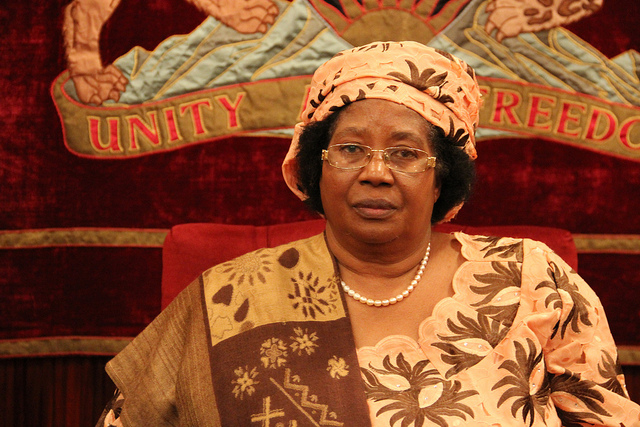Snéha Khilay appreciates the resilience of Gandhi and Mandela in pursuing freedom and justice for all and thinks that we all have the potential to make a change if we strongly believe in values of equality and diversity.
Mahatma Gandhi loved his cup of tea in the afternoon. He laughingly acknowledged to his colleague Henry Polak that he was addicted to the afternoon tea and that he was its slave. Gandhi was challenged about his addiction and asked “You know you are a ‘slave’, yet you are not trying to liberate yourself. How can a ‘slave’ ever think of liberating the Africans and the Indians, get them their rights from a racial regime?” Although Gandhi tried to argue that a cup of tea does no harm and does not have any adverse effect, Polak pointed out that “no champion of freedom can let a habit be his master”. Immediately after Polak’s statement, Gandhi gave up drinking tea.

I recently learned from my mother that she was so influenced by Gandhi that she and her friends also gave up drinking tea which in India is a vital social ritual. She said as a young woman in the 1940s, she would not have been allowed to walk alongside Gandhi but wanted to take some action to show alliance to Gandhi, his philosophy and cause.
I had the privilege of seeing Nelson Mandela when he came to South Africa House, London soon after his release from 27 years of imprisonment. I was enthralled and humbled by his speech where he continually thanked the audience for their support in ending apartheid in South Africa and setting the nation free. After his speech, I made a silent vow that I too would continue to promote equality and fairness and work towards eliminating discrimination.
So what is it about Gandhi and Mandela, who in my personal opinion are two of the greatest icons of all time, that inspire others to take action? There are abundant stories that show their management of diversity was with courage and foresight. Gandhi and Mandela both had a profound belief in equality, fairness and justice which embodied a lasting impression of hope, inspiring others to take responsibility. Their philosophy of ‘think beyond oneself’ and ‘do good in the community’ was contagious. “It is in your hands to create a better world for all who live in it,” said Nelson Mandela in his 91st birthday speech.
Gandhi and Mandela were convinced in their belief and despite enduring harsh and brutal treatment, they continued to be fearless in their pursuit of freedom of people and the principle of fairness. This, combined with their hallmark of forgiveness, instilled lasting changes. They reached and maintained these convictions through deep inward journeys, through experiences of humiliation and imprisonment, journeys that took them beyond instincts of violent retaliation to an inner stillness, which in a world of unrest, disquiet and uncertainty was mesmerising, encouraging and captivating. Their philosophy, their beliefs and their respectful behaviour became a benchmark for others to inspire to.
We all need to be a Gandhi and Mandela, to continue to confront the system, whatever the system represents so that we can all live and work with dignity and respect. Our lives are not just about trivial personal pursuits, it is about attaining worthwhile goals that make a lasting difference.
I am confident that the spirit of Gandhi and Mandela is alive, whether in my mother’s generation, my generation or my children’s generation. The examples of their spirit are expressed in many ways, whether caring for a neighbour, climbing Mount Kilimanjaro for a charity, challenging discrimination at work or being imprisoned for revealing the truth about a nation’s wrongdoings. These are the people who promote fairness, respect and dignity quietly and without fanfare. I strongly believe that inherently there is more good than bad in ourselves, we all have to believe this in order to pursue, attain and maintain Gandhi’s and Mandela’s philosophy.
I continue to be hopeful that Gandhi and Mandela’s principles are enduring and that they can be applied in our daily lives, the shelf life of these principles is by no means limited. If you were to make one New Year’s solution, take the baton and follow Gandhi’s and Mandela’s footsteps and “be the change you want to see in the world”.
I claim to be an average man of less than average ability. I have not the shadow of doubt that any man or woman can achieve what I have, if he or she would make the same effort and cultivate the same hope and faith. – Gandhi
 Snéha Khilay is a diversity and leadership consultant/trainer. Snéha carries out consultancy and training on Diversity and Inclusion, Managing Diversity and the Law, Cultural Competency, Dignity at Work and Conflict Resolution. Snéha has published articles on diversity and leadership in Management Today, Start Your Business, Simply Business, Professional Manager, Change Board, People and People Management. Visit Snéha’s website at www.bluetuliptraining.co.uk.
Snéha Khilay is a diversity and leadership consultant/trainer. Snéha carries out consultancy and training on Diversity and Inclusion, Managing Diversity and the Law, Cultural Competency, Dignity at Work and Conflict Resolution. Snéha has published articles on diversity and leadership in Management Today, Start Your Business, Simply Business, Professional Manager, Change Board, People and People Management. Visit Snéha’s website at www.bluetuliptraining.co.uk.




